
OR
Blog
Understanding Mental Health in Rural Mugu: A Personal Experience
Published On: August 19, 2024 02:30 PM NPT By: Grishma Paneru
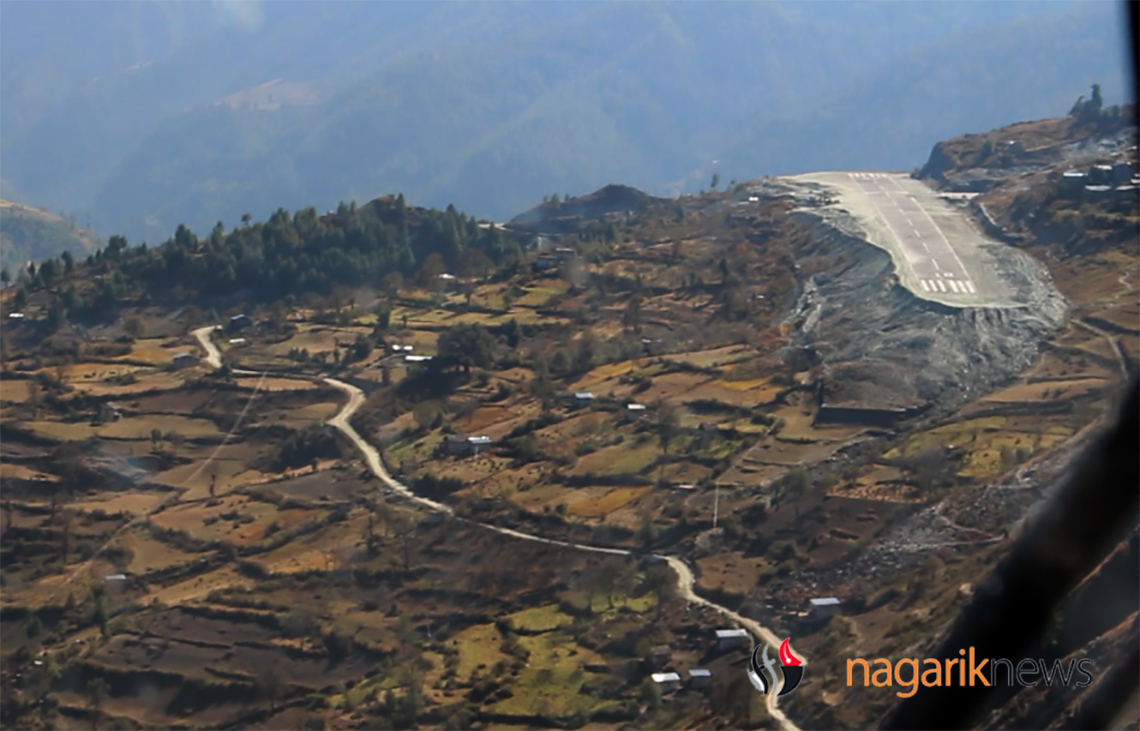

Grishma Paneru
The author is a Psycho-social Counselor/Mental Health Advocate/ Consultant.news@myrepublica.com
My visit to Mugu, a remote and mountainous district in Nepal, was more than just a voyage over geographical territory; it was also a deep dive into the often-overlooked emotional and psychological landscapes of its people. The experience, which included moments of profound learning and connection, transformed my view of mental health, particularly among children and adolescents in rural communities.
The Journey Begins
When I initially arrived in Mugu, I was aware of the district's concerns, including isolation, a lack of infrastructure, and the difficulties its residents experience in getting even the most basic services. However, nothing could have prepared me for the scope of the mental health difficulties I encountered, particularly among the younger people. My aim was to provide psychosocial support to instructors and kids, as well as to train educators in recognizing and resolving mental health issues. I also held direct sessions with students. What I discovered was far more intricate and sad than I had anticipated.
Unveiling the Silent Struggles
When I arrived, the first thing I noticed was the hush—the kind of silence that tells volumes about the emotional burden borne by these children. Many of them were noticeably distant, with eyes that appeared to reflect burdens far greater than their years could bear. As I began my sessions, it became evident that these children were coping with a wide range of issues—emotional, physical, and psychological.
In the schools, it wasn’t uncommon to hear stories of severe punishment from teachers, leading to fear and anxiety among students. Many of the children reported sleep disturbances and even suicidal thoughts—issues that were shocking but, unfortunately, not surprising given the environment they were living in. The lack of proper communication between students and teachers, coupled with the punitive culture in schools, only exacerbated these mental health challenges.
A Glimpse into Their World
One of the most emotional experiences of my time in Mugu was conversing with a young girl who had been forced to go without food for two days because the hostel warden refused to let her bring food from home. This act of deprivation not only had an impact on her physical health, but it also left lasting emotional wounds, demonstrating how even basic necessities are intertwined with the region's larger mental health crisis.
Many girls, in particular, experience neglect and are denied the help they require throughout important phases in their lives. Sexual health issues were also rampant, with girls forced to sleep outside during their menstrual periods and unable to practice adequate hygiene. These practices not only pose major health dangers, but they also contribute to the psychological misery that these young women are experiencing.
The Role of Teachers and the Need for Support
While the youngsters' problems were heartbreaking, the teachers I dealt with were facing their own set of challenges. Many of them lacked the knowledge and resources required to successfully address their students' mental health concerns. The training workshops we held were eye-opening for many of these educators, who understood the impact they could have on their kids' well-being if they had the necessary knowledge and skills.
However, it was clear that greater help was required, both for teachers and students. Due to the lack of a comprehensive mental health framework in these rural communities, difficulties are frequently left ignored, resulting in a cycle of distress that passes from generation to generation.
Lessons Learned and Moving Forward
My journey to Mugu was a striking reminder of the universality of human emotion. Regardless of where a person is born, what language they speak, or their socioeconomic standing, the ache of neglect, the load of hidden concerns, and the longing for connection are universal emotions.
This experience also highlighted the significance of culturally appropriate mental health interventions. To generate long-term change, it is not enough to merely introduce new ideas and frameworks; understanding the local environment, respecting existing cultural norms, and working within these frameworks are also necessary.
As I left Mugu, I carried with me not just the memories of the faces I had seen and the stories I had heard, but a renewed commitment to advocate for mental health support in rural areas. The children and teachers of Mugu deserve better—better access to education, better communication, and, most importantly, better mental health care.
Reflecting on my experience in Mugu, I am reminded of a simple truth: tackling mental health is about mending the community as well as the mind. It's about establishing situations in which people feel secure, heard, and appreciated, allowing them to succeed despite the obstacles they confront. And that is a voyage worth doing, regardless of how distant or difficult the landscape is.
You May Like This
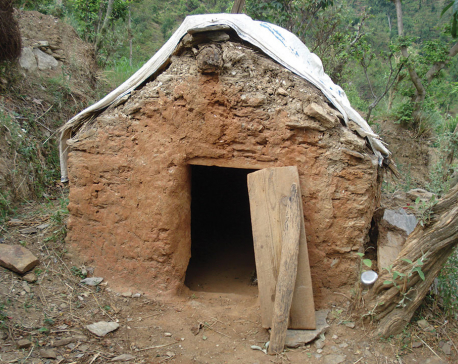
Chhaupadi promoters to see cut-off of facilities
DADELDHURA, Jan 9: Bhageswor Rural Municipality of Dadeldhura has announced ‘Dignified Chhaupadi Year-2075’ through its village assembly. ... Read More...


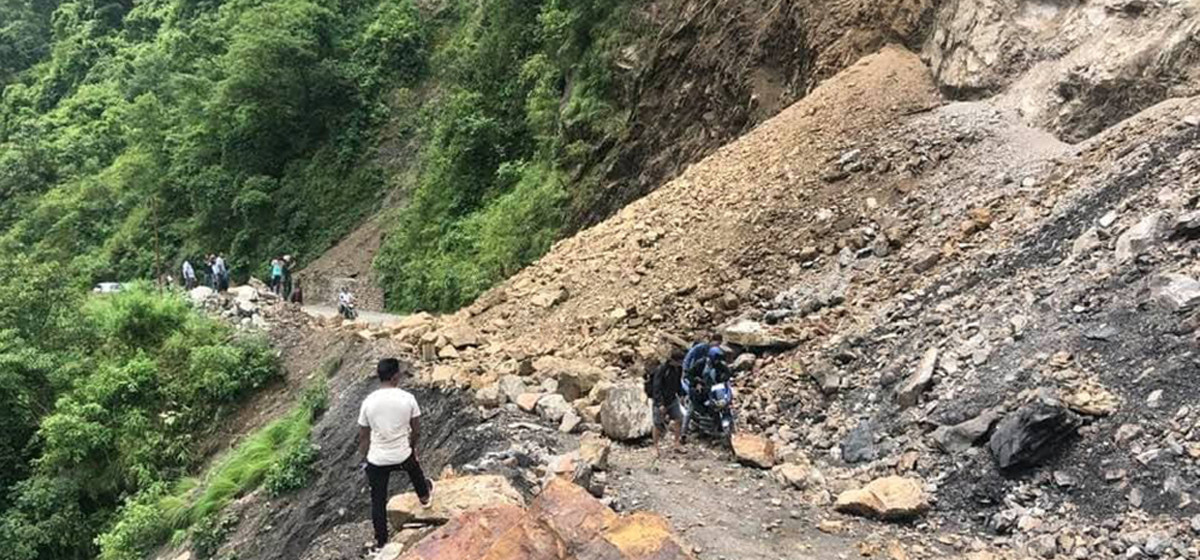
Just In
- Kathmandu-based medical doctor missing for five month during visit to Janakpur
- NC issues whip instructing MPs not to leave Kathmandu till Sept 19
- Vehicular movement to Pathibhara temple resumes
- Progress on government-set annual targets and milestones dismal
- Progress on government-set annual targets and milestones dismal
- 9 people die from Japanese Encephalitis in this season
- Karnali highway obstructed again
- Prof Dr Achyuta Samanta envisions a KIIT branch in Nepal




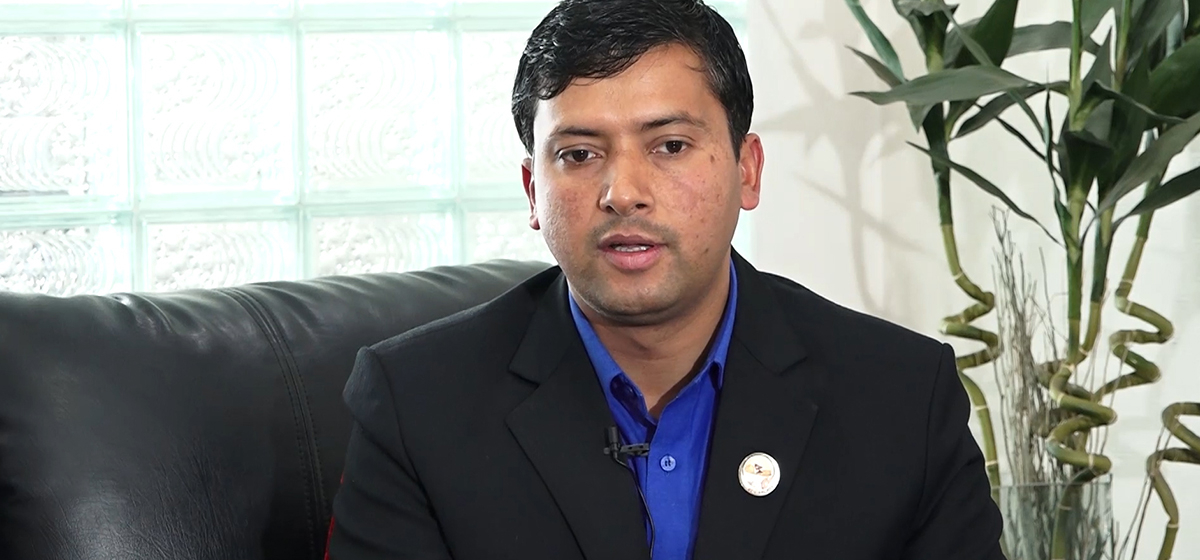
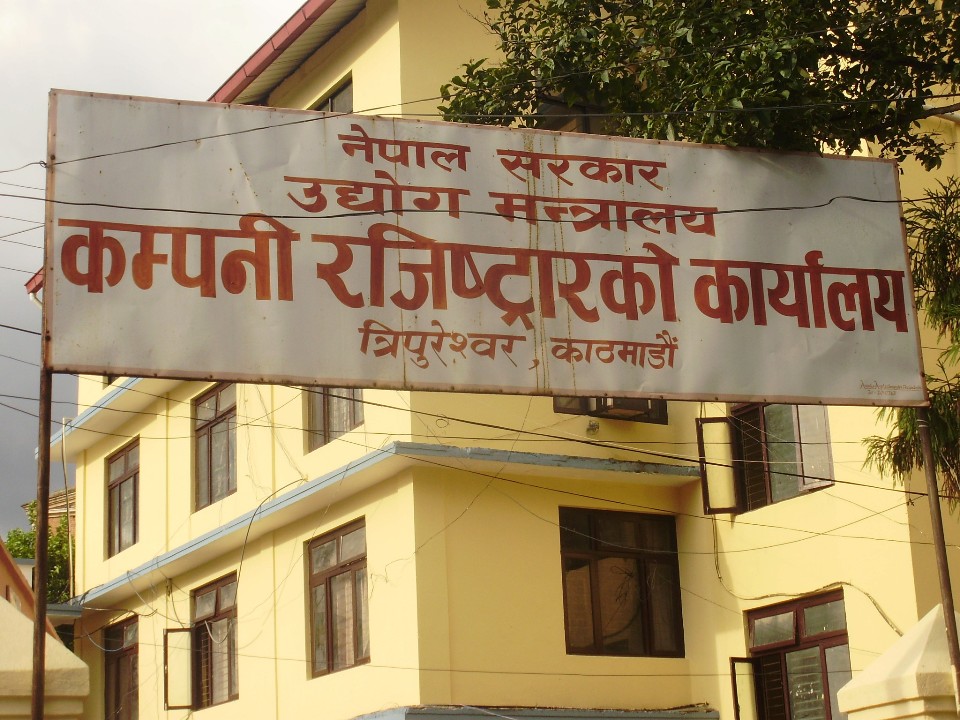
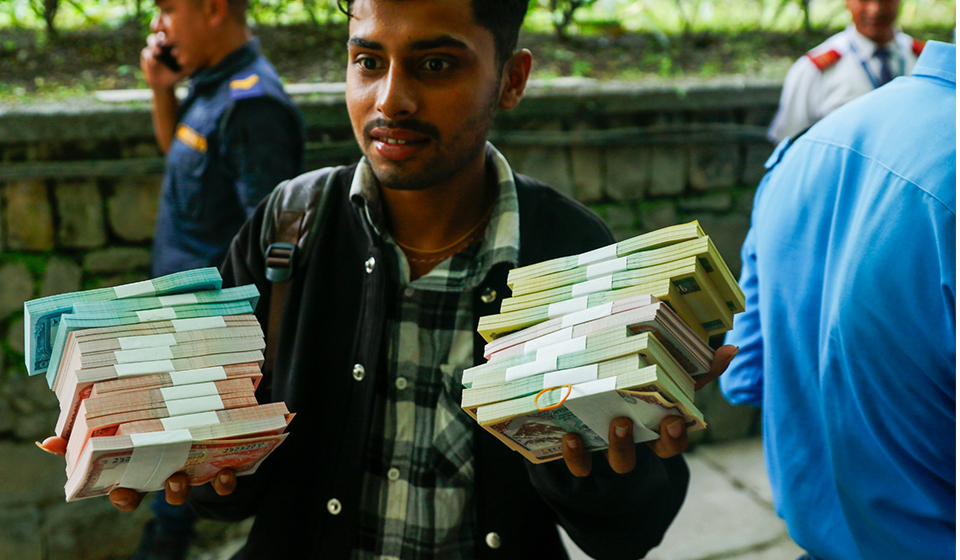

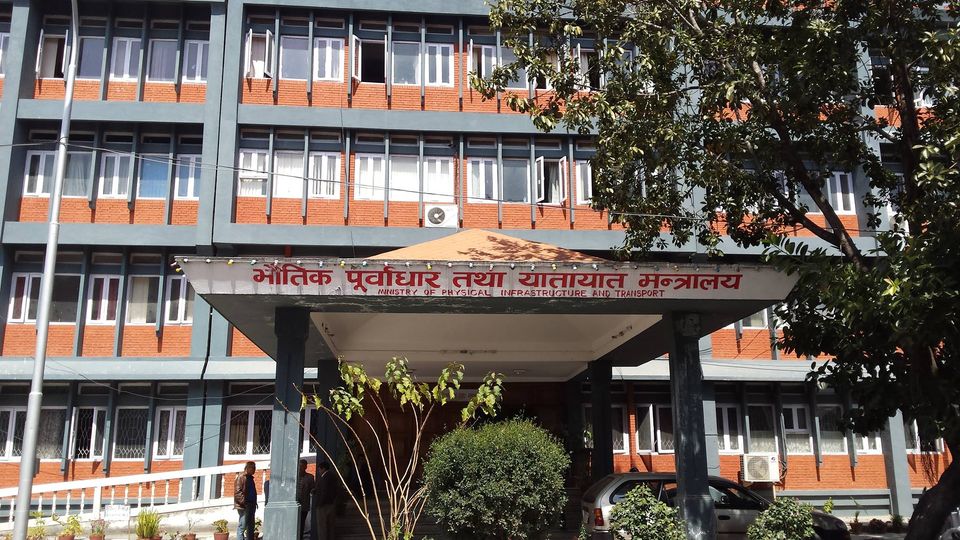



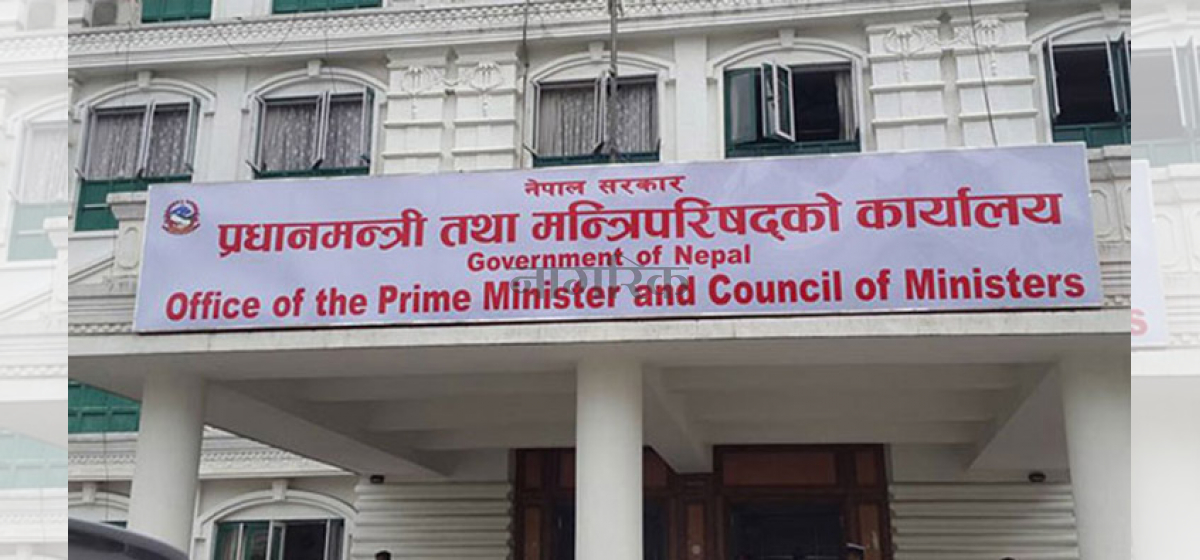



Leave A Comment